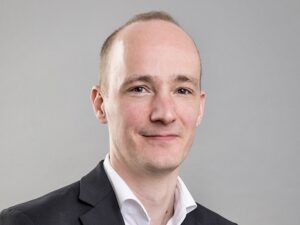Brussels, 10 December 2021
26 structured calls conducted with our member associations
The structured video calls with ECSWE members in 2020 and 2021 showed a clear need for professional advocacy, PR and association management at all levels of the organisation.
Structured 90-minute conversations help identify members’ needs
In order to stay connected with member associations during the pandemic, ECSWE board and staff conducted a comprehensive series of 26 video calls. The format consisted of 90-minute structured conversations with the ECSWE representative of each national association alongside one or two colleagues. The calls helped better understand the role and tasks of each national association, its current challenges, its evaluation of ECSWE’s work and its hopes and expectations for future collaboration. The main lessons learned from these calls can be summarised as follows:
Members ask for further professionalisation of our work at all levels
In the video calls, members frequently stressed the importance of ECSWE’s lobbying and advocacy work and suggested that this work be continued and deepened. Members also advocated for more public relations work to make our advocacy work better known at the national level. In addition, members expressed a desire to be supported by ECSWE in professionalising their own organisational development, association management, advocacy and public relations work at national level.
Members want more networking, peer learning and sharing of best practices
An interest in more direct and more active involvement during Council meetings and throughout the year was expressed by the members. More informal networking opportunities were requested in order to better reflect each member’s diverse needs. Furthermore, members requested to better promote the exchange of good practice and peer learning. To this end, the Board and staff are currently exploring and testing more interactive working formats for Council meetings and conferences.
Members want to collaborate in projects and thematic working groups
A strong desire to cooperate with their European colleagues on issues of common interest was stated by the members. Suggested working formats for such cooperation were, on the one hand, thematic working groups working on a specific topic over a certain period of time and, on the other hand, EU-funded projects with external partners to work on strategic issues of European relevance. As a result, various thematic working groups have been formed, and ECSWE applied for EU funding for the HERMMES project, an ERASMUS+ partnership on ICT and media education.
A question? Please don’t hesitate to contact us!




